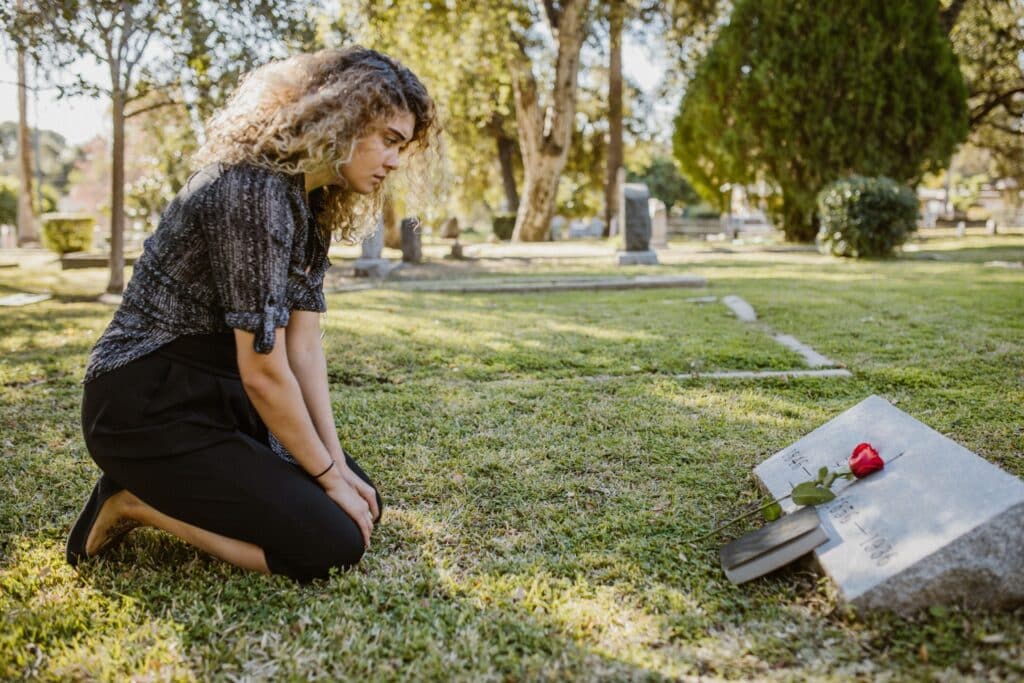Handling the Loss of a Shareholder
The death of a shareholder can change the running of your business. Because the part of the business they own will pass to their beneficiaries.
If there’s a poor relationship between the deceased shareholder’s beneficiary and the remaining shareholders it could make running the business harder. The most extreme outcome is that it could mean the end of the business.
One way to keep control of your company is to take out shareholder protection.
What is Shareholder Protection?
With shareholder protection insurance, the business pays to insure the risk of a shareholder dying or becoming critically ill. If that happens the policy pays out a lump sum to the remaining shareholders. This allows the other shareholders to purchase the deceased shareholder’s part of the business from their beneficiaries.
As well as the shareholder protection policy, the shareholders should have wills so that their families or beneficiaries receive the value of their shares.
What Could Happen Without Shareholder Protection?
The deceased shareholder’s family could decide to hold onto the shares. In which case they’re able to take part in company decisions.
But this may make it harder to make key decisions if the shareholder’s family have different ideas about the future of the business.
Otherwise, the family could decide to sell the shares to a third party. This may cause difficulties if the shares are sold to one of your competitors. This could take your business in a different direction to what you wish or it may cause conflicts amongst the owners.
Without shareholder protection, the remaining shareholders would need to find the money from another source to buy the shares.
Shareholder Protection vs Key Person Cover: What Are the Differences?
Business protection insurance comes in many forms, so check which is most suitable for your business and its situation.
Shareholder protection insures against the loss of a shareholder. The lump sum benefit allows the remaining shareholders to purchase the deceased’s share of the business so they can retain control. These policies only cover shareholders and not employees who don’t own shares.
Whereas key person cover insures against the loss of a key individual, who could be a director, employee, shareholder or non-shareholder. The payout helps protect the business against the financial losses that occur without the input of the key person. These policies can cover both shareholders and employees.
Put Protection Around Company Ownership
A shareholder protection plan allows the existing shareholders to keep control of the company’s affairs. The deceased shareholder’s relatives do not have to take part in business decisions. And it provides peace of mind that majority control of your company will not be lost.
If you would like to speak to us about business protection please email [email protected].


